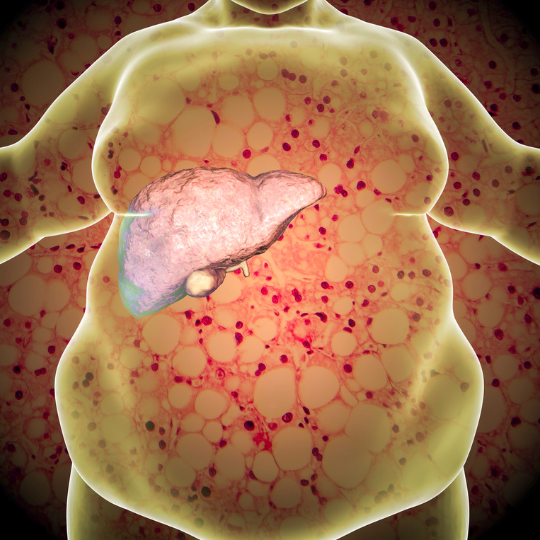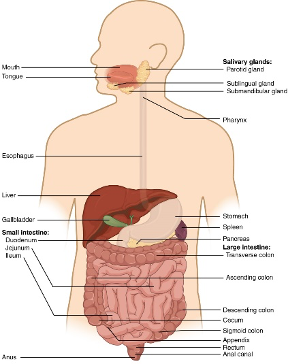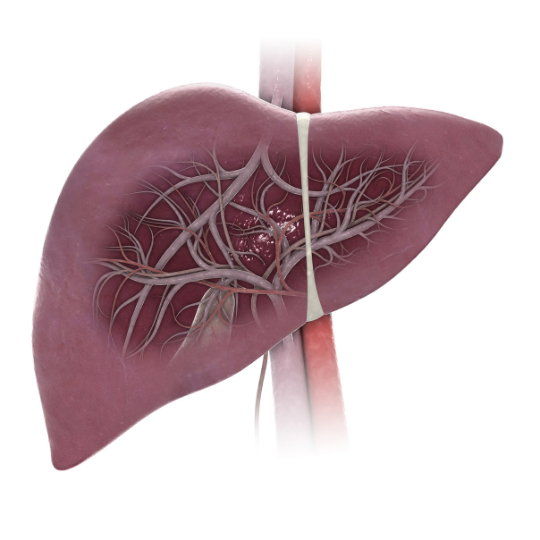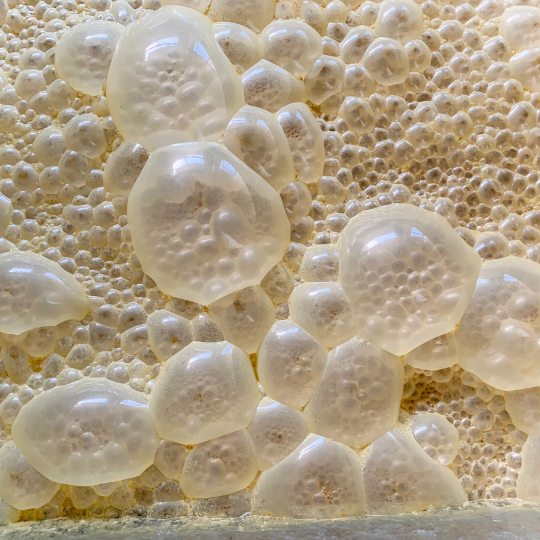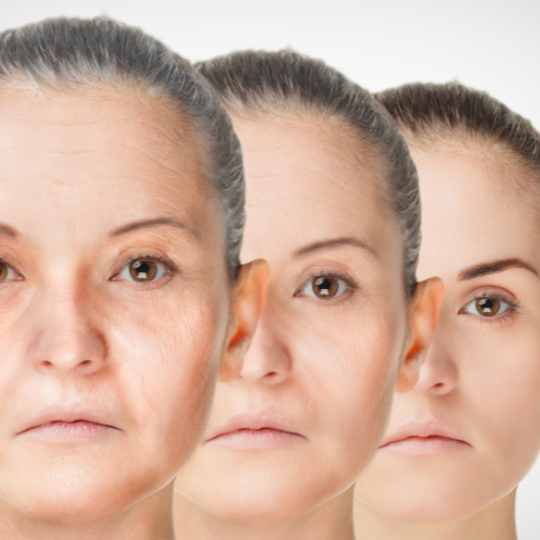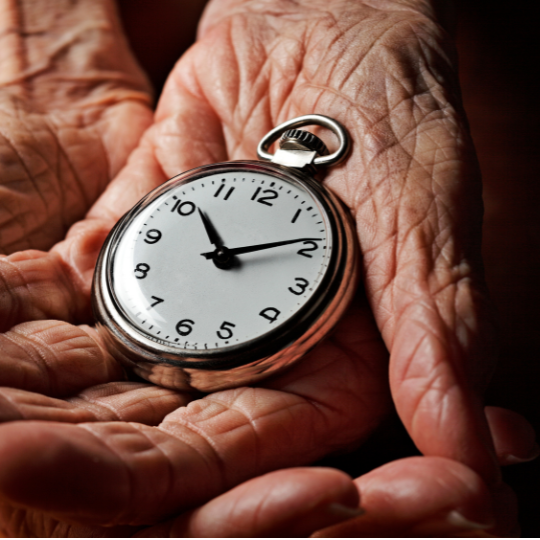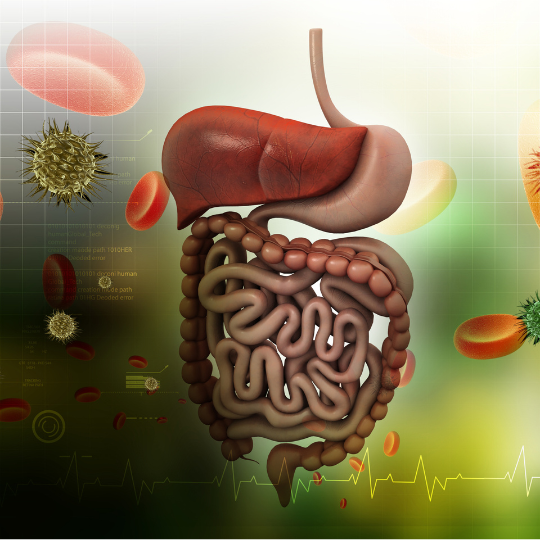Detox Final Stop: ABC Transporters
There are three phases of liver detoxification, each with its own specific role in the process:
Phase 1 liver detox, also known as the “functionalization phase,” involves the introduction of oxygen and/or other functional groups to toxins to make them more water-soluble. This phase is carried out by a group of enzymes called cytochrome P450 enzymes, or CYP P450. These enzymes work to break down toxins into intermediate molecules, which are then further metabolized in phase 2.

Phase 2 liver detox, also known as the “conjugation phase,” involves the attachment of small molecules, such as glucuronic acid, sulfur, acetyl, methyl, glutathione and amino acids, to the intermediate molecules produced in phase 1. This process helps to make the toxins even more water-soluble and easier to excrete from the body through urine or bile.
Finally, Phase 3 liver detox, also known as the “excretion phase,” involves the transport of the conjugated toxins from the liver to the kidneys or intestines for elimination from the body. This phase is carried out by a group of transporters known as ATP-binding cassette (ABC) transporters. There are several different ABC transporters, including ABCB1, ABCC1, and ABCG2.
And that’s how you detox in a nutshell. Of course, along the way, there are plenty of things that could go array at any stage of the process. How well your genes are functioning, as always depends both on their nucleotide make-up, as well as on their expression. And that’s what we aim to help you figure out through our genetic and metabolic optimization approach: what is your starting level, a.k.a. your genetic make-up, and what is your ongoing metabolism, a.k.a. your epigenetic influences or how you express your genes.
ABC goes to XYZ. Genetically speaking
One key SNP that can regulate phase 3 liver detox is the ABCC1 gene. This provides instructions for making the ABCC1 protein, which is a transporter that helps to move toxins out of the liver and into the intestines for elimination. A variation in the ABCC1 gene, known as the ABCC1*1G allele, has been linked to a decreased ability to detoxify certain chemicals, such as chemotherapy drugs. This can lead to an increased risk of toxic buildup in the body and potential negative health effects.
ABCC2, a close cousin is also relevant in the phase 3 liver detox excretion process.
Limiting exposure to environmental toxins, such as tobacco smoke, chemical cleaners, and pesticides, as well as supporting liver function via supplements such as milk thistle, N-acetyl cysteine, or alpha lipoic acid, are helpful strategies for ABCC1*1G allele or other genetic predispositions. All that assuming nutrition, movement, breath, stress and other environmental factors, such as light and temperature, have been already optimized for. And that is because supplements represent the icing on the cake, not the cake itself.

And while lifestyle and nutrition changes can help you build a solid health foundation that can help you thrive in general, this works if you aim to build it ahead of critical times, which are inevitable in everybody’s life. When those moments come though, there is no replacement for proper medical care. That is more expensive, has more side effects and cannot usually restore you to your 100%, but in some cases, it is the only option.
Speak with a healthcare professional if you want to postpone or avoid that. It is for your own benefit; prevention is cheaper than cure!
